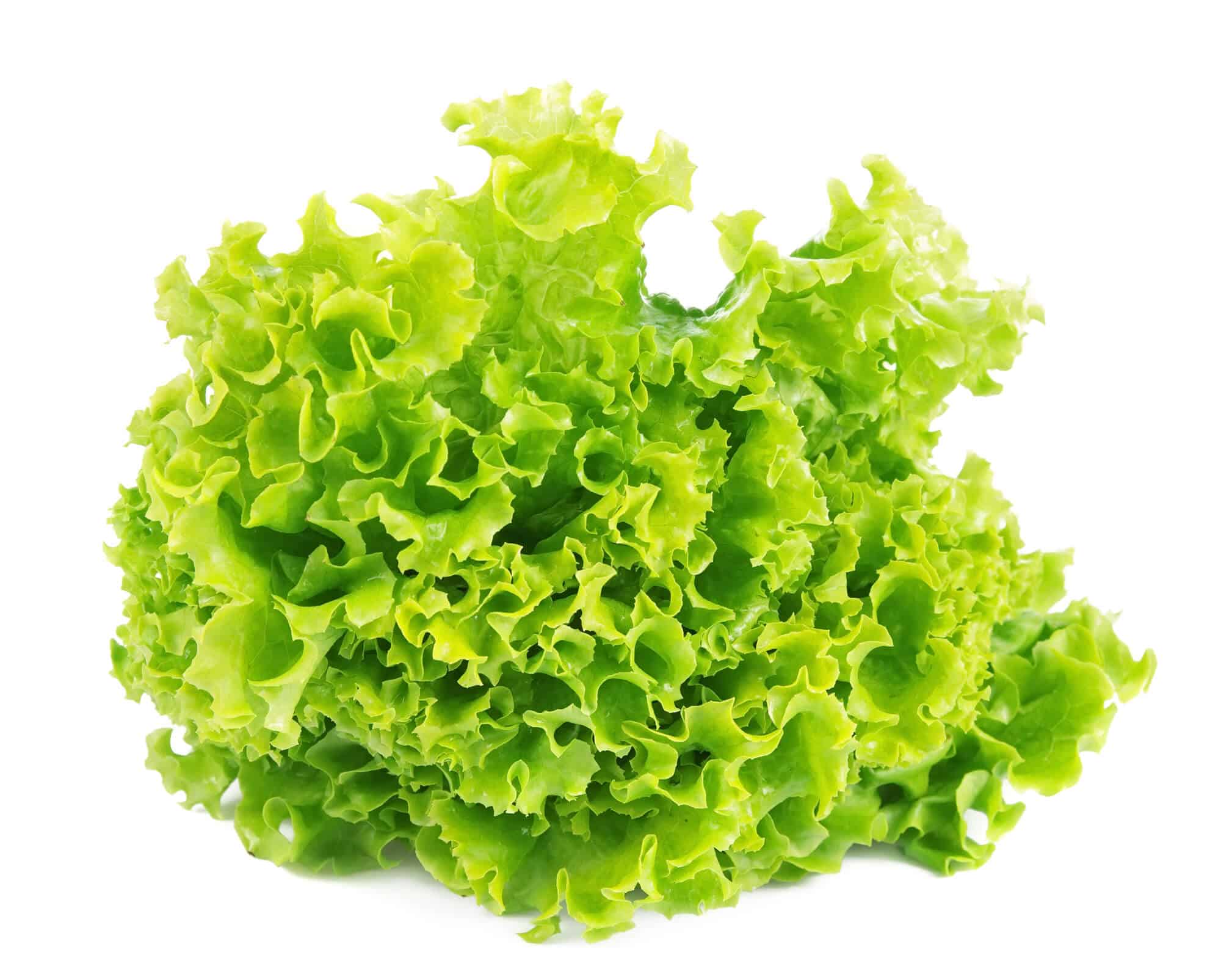The future is already here - researchers at the Hebrew University have succeeded in genetically editing lettuce and making it particularly healthy and rich in nutritional values. Five leaves of the improved lettuce per day will provide the vitamin intake C recommended for a person

Lettuce is a popular edible vegetable that we all know, but it is interesting to know that although it has a healthy image, compared to other green leaves that we eat, it is relatively poor in nutritional values. It contains a relatively small amount of folic acid (spinach has 4 times), vitamin K (beets and Swiss chard have 8 times), or vitamin C (kale has 20 times). New research improves the nutritional value of lettuce using "genetic editing" technology and makes it a more nutritionally attractive vegetable.
In the research, PhD student Yarin Ekanin, accompanied by Prof. Sasha Weinstein from the Faculty of Food and Environmental Agriculture, was able to genetically edit lettuce leaves and add vitamins and important nutritional values to them. For example, the new leaves contain up to 4 times more vitamin C or about 50% more beta carotene, from which the body produces vitamin A, compared to the original crops.
The technology used by the researchers makes it possible to access the genetic material (DNA) of the lettuce, and make very small, but significant changes to the ability to accumulate vitamins. "The advantage of technology is that you can decide in advance exactly what change you want to make and get it in a relatively short time compared to the 'natural way,'" explained Yarin. "The technology has been around for several years and is made possible thanks to a system called CRISPR. The system also has great potential in the world of medicine, for curing genetic diseases and also in the fields of agriculture and the environment, for the production of plant varieties with improved desired properties, such as increasing nutritional values, improving taste and smell, increasing yield and natural resistance to pests that you will save on spraying."
"We deliberately chose to use 'Nega' lettuce, a commercial variety of romaine lettuce ('Arabian lettuce') adapted to growing in the Israeli climate, with light green leaves and a mild flavor. The intention was to produce an improved lettuce that could quickly leave the confines of the laboratory and actually contribute to a healthier diet," Yarin continued. "It is possible that soon we will be able to see improved lettuce rich in nutritional values in the marketing chains."
"Besides the obvious advantage of eating healthier lettuce, I think the important impact of the research is the proof that genetic editing technology can indeed be used in relatively short periods of time to improve agricultural crops. The seed companies and farmers are interested in improving crop-increasing properties and resistance to pests, but for the consumer at home, perhaps it is more important that their food be healthier, more nutritious and tastier."
In addition to the laboratory of Prof. Sasha Weinstein from the Faculty of Agriculture, Prof. Yossi Hirschberg, Dor Agmon, Tal Makov-Boaneish and Dr. Julius Ben-Ari from the Hebrew University, and Dr. Ari Shafer, Yelena Yeselson, Dr. Dana Haroubi also took part in the research. and Dr. Vivekanand Tiwari from the Volcanic Institute.
